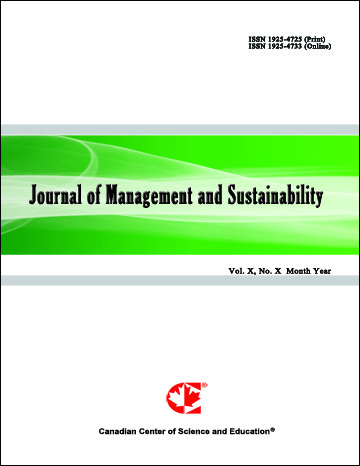Child Health Implications of Plastic Waste Reduction in West Africa
- Susmita Dasgupta
- Maria Sarraf
- David Wheeler
Abstract
Rapidly growing, unregulated plastic litter has created a multitude of environmental and economic problems in developing countries. The problems are particularly serious for single use plastic (SUP) products that cannot be recycled. While the case for plastic waste reduction is clear, it may conflict with public health and other social objectives. Using Demographic and Health Survey (DHS) data from Ghana and Nigeria, this paper considers the potential for health damage from waste reduction policies that reduce household use of SUP drinking-water containers. The econometric analysis provides strong evidence that SUP containers significantly reduce child mortality and incidence of diarrhea, after controlling for other, widely cited determinants in the literature. By implication, general measures to reduce plastic use may also increase childhood illness and death. The study demonstrates how plastic-waste reduction policies should not be assessed in isolation from their public health implications for poor households and suggests countervailing measures that can be taken to address the SUP waste problem. The study can be replicated in any of the 73 countries where DHS data include the use of plastic containers as household water sources.
- Full Text:
 PDF
PDF
- DOI:10.5539/jms.v13n1p139
Journal Metrics
Google-based Impact Factor (2021): 1.54
h-index (July 2022): 37
i10-index (July 2022): 147
h5-index (2017-2021): 12
h5-median (2017-2021): 19
Index
- Academic Journals Database
- ANVUR (Italian National Agency for the Evaluation of Universities and Research Institutes)
- CAB Abstracts
- CNKI Scholar
- EconBiz
- Excellence in Research for Australia (ERA)
- GETIT@YALE (Yale University Library)
- Harvard Library
- HeinOnline
- Infotrieve
- JournalTOCs
- LOCKSS
- MIAR
- PKP Open Archives Harvester
- RePEc
- Scilit
- SHERPA/RoMEO
- Stanford Libraries
- UCR Library
Contact
- Evelyn XiaoEditorial Assistant
- jms@ccsenet.org
